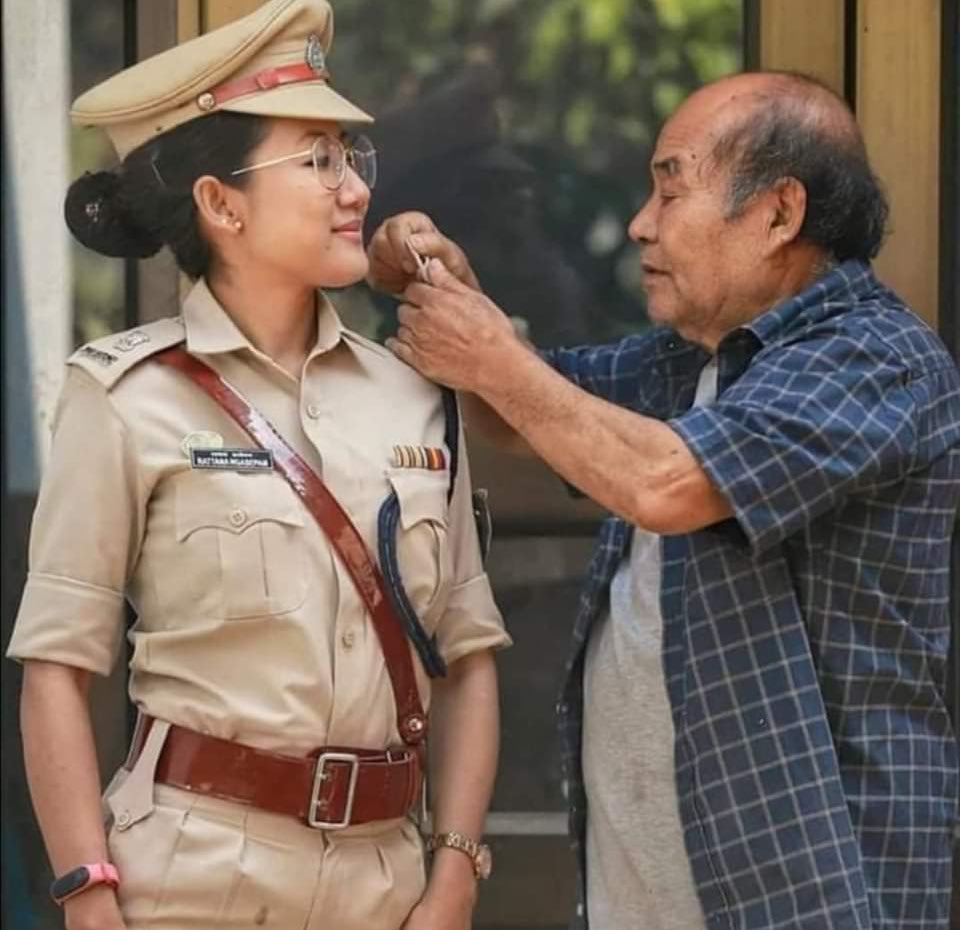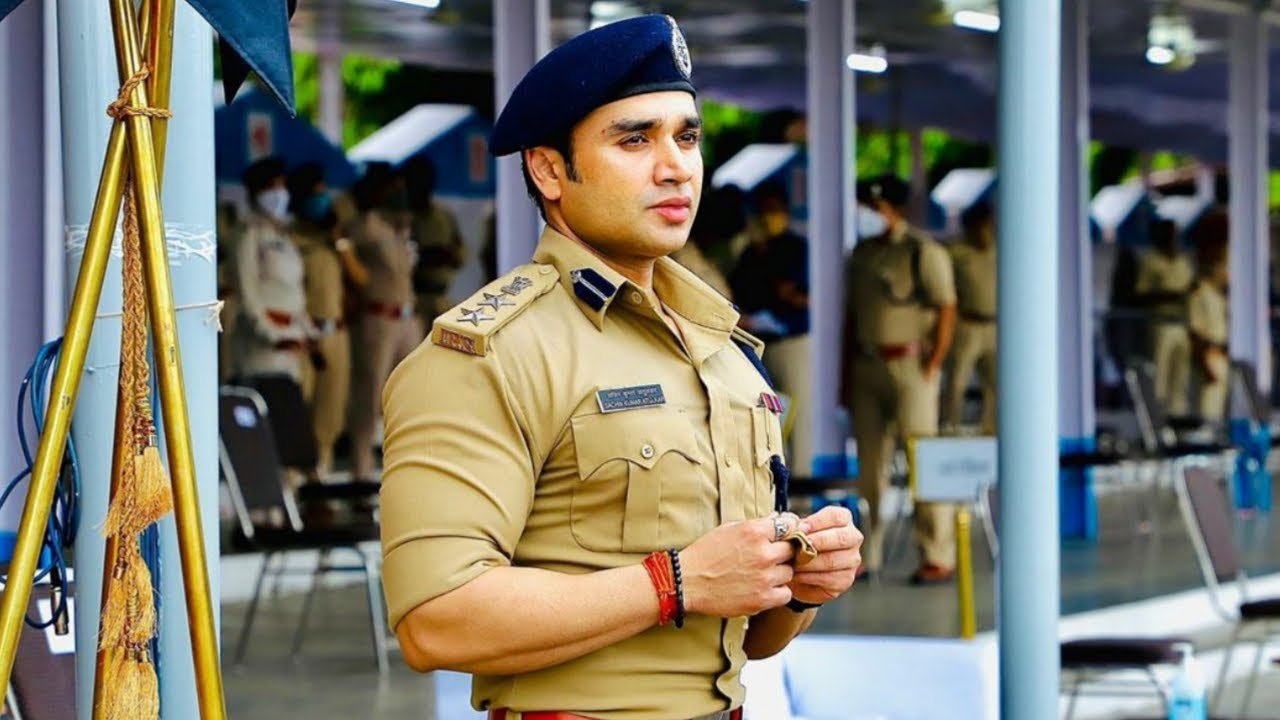Thousands of kids in India grow up dreaming to become civil servants, especially bureaucrats, or officers in the civil services. And with good reason. There is the guaranteed financial security in the profession, along with the perks of the job.

And, apart from that, the honour in serving the country is a noble incentive too. But when it comes to the Indian Police Service, specifically, there are different perks for the job as opposed to other civil services. So, if you’re interested in knowing the salary details for the position, and the perks that come with it, read on.
Salary:
The salaries of these officers depend on the experience they have, and it varies with respect to that. But the upper limits of the salary can go up to the following amounts.
1. Officer of Deputy Superintendent of Police (DSP): The monthly salary for a DSP is around ₹56,100.
2. Additional Superintendent of Police (ASP): The monthly salary for an ASP is ₹67,700.
3. Superintendent of Police (SP): The monthly salary for an SP is ₹78,800.
4. Senior Superintendent of Police (SSP): The monthly salary for an SSP is ₹1,18,500.
5. Deputy Inspector General of Police (DIGP): The monthly salary for a DIGP is ₹1,31,100.
6. Inspector General of Police (IGP): The monthly salary of an IGP is about ₹1,44,200.
7. Additional Director General of Police (ADGP): The monthly salary of an ADGP is ₹2,05,400.
8. Director General of Police (DGP): The monthly salary of a DGP is about ₹ 2,25,000.

Perks:
1. Accommodation: The candidates who qualify for the positions receive rent-free (or discounted) residence from the government. Of course, the size of the apartments or houses are directly proportional to the seniority levels of the positions.

Powers:
1. Preventing crimes.

We hope this gave you the motivation and incentive you were looking for.

















